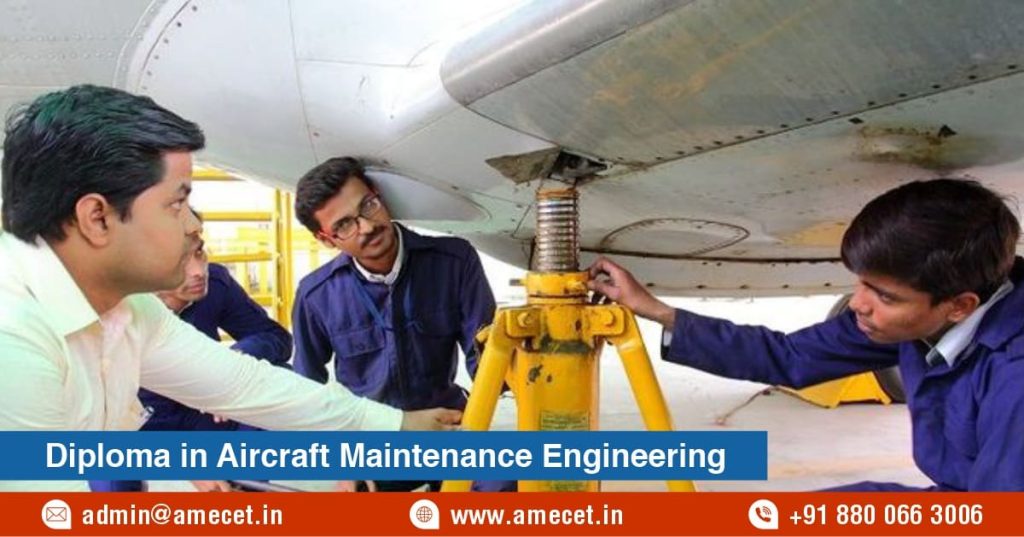What Are the Key Skills Learned in a Diploma in AME?
Posted on : 27 August, 2024 12:01 pm
A Diploma in Aircraft Maintenance Engineering (AME) equips students with essential skills for the aviation industry. Key skills include advanced technical proficiency in aircraft systems and components, diagnostic abilities for troubleshooting mechanical and electronic issues, and hands-on experience with maintenance procedures. Students also gain knowledge in safety protocols, regulatory compliance, and effective communication within a team environment. Additionally, the program emphasizes problem-solving and critical thinking, enabling graduates to address complex maintenance challenges efficiently. These skills ensure that AME diploma holders are well-prepared for diverse roles in aircraft maintenance and repair.
Technical Proficiency
Technical proficiency is crucial in a Diploma in Aircraft Maintenance Engineering (AME). Students master the intricacies of aircraft systems, including engines, avionics, and hydraulic systems. They learn to perform precise diagnostics and repairs, ensuring aircraft safety and efficiency. Hands-on training with advanced tools and technologies enhances their skills, making them adept at handling complex maintenance tasks in real-world scenarios.
Technical Proficiency:
- Understanding aircraft engine mechanics and operation.
- Mastering avionics systems and electronic components.
- Diagnosing and repairing hydraulic and fuel systems.
- Utilizing advanced diagnostic and testing equipment.
- Performing routine inspections and preventive maintenance.
- Applying knowledge of aerodynamics to maintenance tasks.
- Ensuring compliance with technical maintenance standards.
- Staying updated with technological advancements in aviation.
Diagnostic Abilities
In a Diploma in AME, diagnostic abilities are a key focus, enabling students to identify and resolve issues within complex aircraft systems. Training emphasizes the use of advanced diagnostic tools and methods to troubleshoot mechanical, electrical, and avionics malfunctions. Students learn to systematically analyze problems, assess potential causes, and implement effective solutions, ensuring aircraft reliability and safety in diverse operational conditions.
Diagnostic Abilities:
- Identifying mechanical and electronic faults efficiently.
- Using diagnostic tools for accurate system analysis.
- Troubleshooting engine and system malfunctions.
- Analyzing data from aircraft sensors and instruments.
- Applying systematic problem-solving techniques.
- Interpreting diagnostic codes and technical information.
- Conducting root cause analysis for recurring issues.
- Implementing effective solutions to prevent future failures.
Hands-On Experience
Hands-on experience is a vital component of a Diploma in AME, providing students with practical skills in aircraft maintenance. Through real-world training, students engage in the disassembly, inspection, and reassembly of aircraft components. They gain expertise in using industry-standard tools and techniques, simulating real maintenance scenarios. This practical exposure ensures that graduates are job-ready, capable of performing maintenance tasks with precision and confidence.
Hands-On Experience:
- Disassembling and reassembling aircraft components.
- Performing routine aircraft inspections and checks.
- Using industry-standard tools and maintenance equipment.
- Simulating real-world maintenance scenarios.
- Conducting repairs on various aircraft systems.
- Testing and calibrating avionics and mechanical systems.
- Applying safety procedures during hands-on tasks.
- Working under supervision of experienced aviation professionals.

